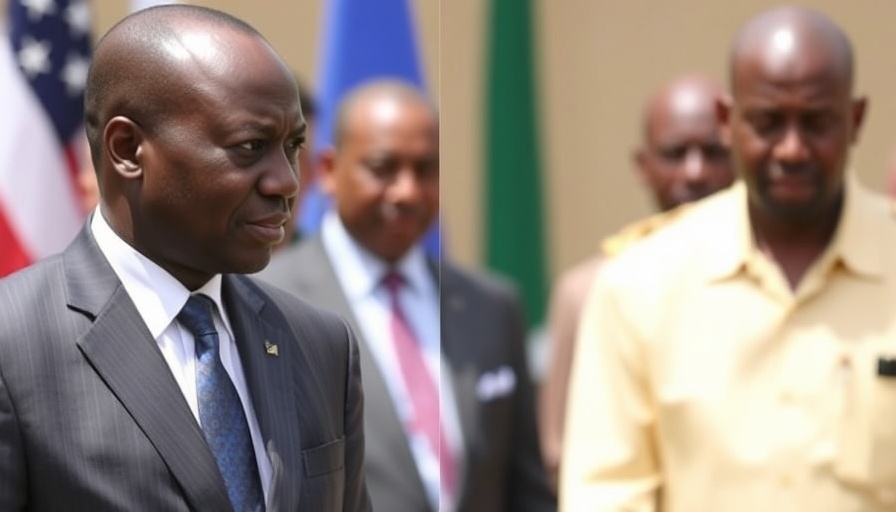
Too Many Initiatives: A Hurdle in DRC’s Peace Process
Rwandan President Paul Kagame recently addressed the complexity of the peace process in the eastern Democratic Republic of the Congo (DRC), asserting that the multitude of conflicting mediation efforts is detrimental to achieving tangible progress. Since the DRC's conflicts have escalated in recent months, various international and regional stakeholders have launched initiatives, further complicating the situation.
Insights on the Current Landscape
Kagame pinpointed that the recent surge in violence has sparked many diplomatic efforts targeting the root causes of the conflict. Notably, Qatar has taken a lead in dialogue, facilitating ceasefire agreements between M23 rebels and the Congolese government. This counteracts other initiatives, such as the U.S.-led Washington Process and regional efforts, including those by the East African Community (EAC) and the Southern African Development Community (SADC). Each new process, while seemingly beneficial, only adds to the confusion and delays necessary resolutions.
The Challenge of Coordination
With several players orchestrating their own plans, the risk of fragmentation increases. Kagame stated succinctly, "There are several efforts going on at the same time -- that’s the problem." This sentiment echoes criticisms from various African leaders. South Africa’s President Cyril Ramaphosa emphasized the need for African-led solutions, reinforcing Kagame’s view that local initiatives must hold precedence in solving the continent’s issues. The crux of the matter lies in efficient coordination, rather than an oversaturation of efforts.
Underlying Political Dynamics
Political commentary in Africa often suggests that external intervention tends to aggravate rather than alleviate local tensions. Observers note that attempts to negotiate peace must align with the sociopolitical realities within the DRC. Each initiative tends to overlook the intricate local dynamics, which could lead to temporary solutions rather than sustainable peace.
Future Prospects in DRC Diplomacy
Moving forward, it may be imperative for the African Union (AU) to take a more substantial role in mediating talks, working alongside local stakeholders to ensure that the peace process remains grounded in communal needs. The recent appointment of Togolese President Faure Gnassingbé as the AU’s mediator is a move in this direction, aiming to revive conversations that have stalled amidst the chaos of competing international processes.
The Economic Implications for Africa
If effective peace can be achieved, the potential economic benefits for the region are substantial. Improved stability could lead to enhanced trade opportunities within Africa, contributing positively to the African economy. Business leaders and investors looking at the DRC must pay close attention to these diplomatic efforts, as the future stability of the region could enable new markets and collaborations.
As both Kagame and Ramaphosa noted at the Africa CEO Forum, it is crucial to foster an environment that prioritizes African solutions for African problems. Critical engagement and support for local processes will not only promote peace but also unlock meaningful economic growth across the continent. Observers and stakeholders in the region must now consider how they can support these initiatives while advocating for cooperative diplomacy.
 Add Row
Add Row  Add
Add 


Write A Comment